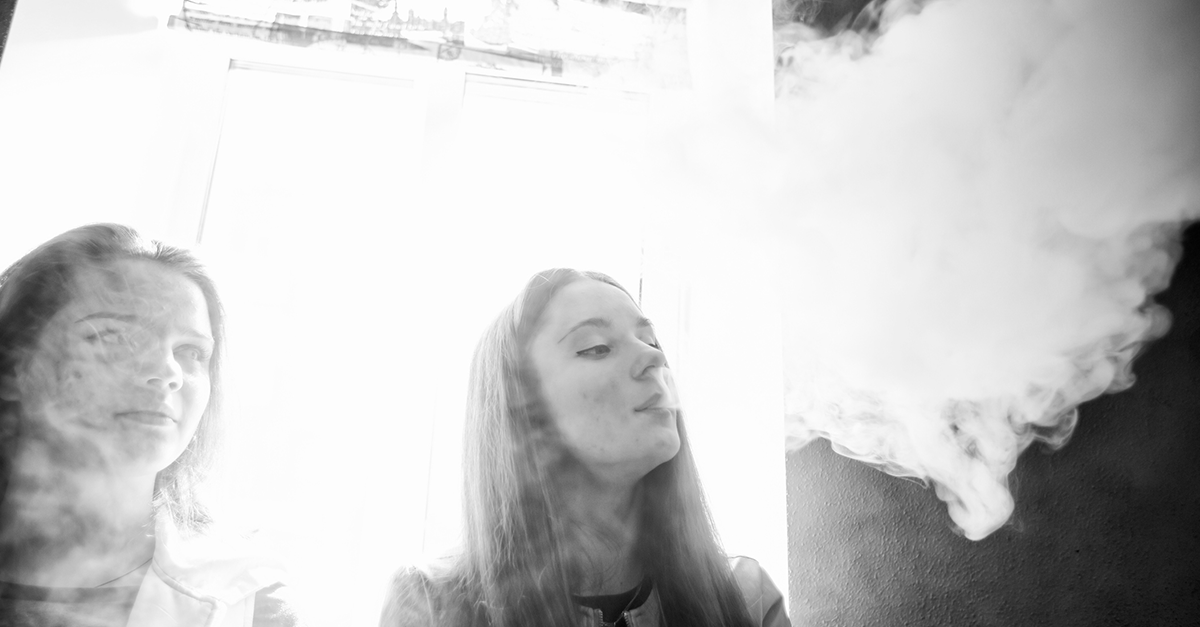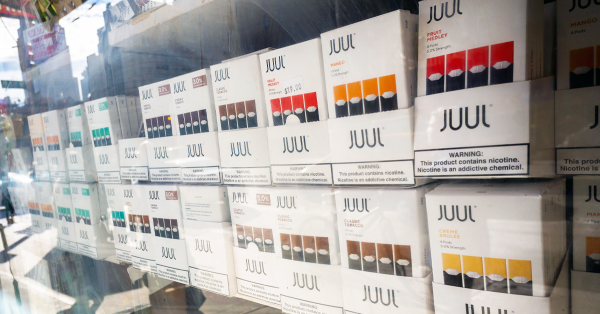California Uninsured Patients
Result: Price discrimination against California uninsured patients ended
Year: 2008
Summary of Uninsured Patient Pricing Litigation
Under settlements with several of California’s largest hospital chains, almost a million patients received refunds or bill adjustments, and millions more benefitted from reduced prices for future medical care.
Lack of Health Insurance is a Significant Issue in California
More than six million Californians lack health insurance. One serious accident or illness is all that separates these persons from financial ruin. The biopsy and lab work that a hospital may charge an insurance company hundreds of dollars to perform can cost an uninsured patient thousands of dollars.
As noted by Karen Tumulty of Time magazine on March 5, 2009, “a paradox of medical costs” exists: “[p]eople who can least afford [medical care] — the uninsured — end up being charged the most. Insurance companies, with large numbers of customers, have the financial muscle to negotiate low rates from healthcare providers; individuals do not.”
For years, California hospitals imposed exorbitant fees for medical care and engaged in price gouging against uninsured patients. Even though John Muir and Scripps Health were non-profit hospital operators that received a tax exemption for their charity care, they regularly referred uninsured patients who could not promptly pay their inflated bills to collection agencies, where they were often sued.
Many of those patients were required to file bankruptcy due to their medical emergency. Notably, in 2005, researchers at Harvard University interviewed 1,771 Americans in bankruptcy courts across the country. Half of the respondents said that illness or medical bills drove them to bankruptcy.
Failure of Legislative Solution
For years, health and consumer groups in California tried to generate media attention on the unfair pricing and collection practices of hospitals and other medical care providers and advocated for legislation that would have offered uninsured patients greater protection. In 2003, California Assembly Bill 774 was introduced to prevent hospital overcharging and other abusive collection practices. The legislation was opposed by the California Hospital Association.
In 2004, Governor Arnold Schwarzenegger vetoed the bill, stating that voluntary guidelines adopted by hospitals to protect the uninsured were sufficient.
Class Action Lawsuits Filed and Successfully Resolved
In 2005 and 2006, uninsured patients in California represented by Lieff Cabraser filed five consumer protection class action lawsuits to end the exorbitant and unconscionable pricing of medical care for uninsured Californians.
Four of the class actions were brought against hospital chains: Scripps Health, John Muir Health, Sutter Health, and Catholic Healthcare West (two of the largest hospital chains in California whose cases were resolved earlier). The fifth action was brought against California Emergency Physicians (CEP) Medical Group, one of the state’s largest providers of emergency medical care.
Many of the plaintiffs sought legal counsel as a result of collections activity. For example, in a case against Scripps Health, the plaintiff was first sued by Scripps Health through a collection agency.
In the John Muir case, one of the cross-complainants in the litigation was John Redding who was taken to an emergency room at John Muir Health in 2004. Mr. Redding was uninsured. Following a brief examination and administration of pain relief injections, Mr. Redding was admitted for four days of further observation and a CT scan. After discharging Mr. Redding without any specific diagnosis or instructions for further medical care, John Muir Health billed Mr. Redding for $44,678.58. Two months later, John Muir Health’s outside collections agent sued Mr. Redding.
After hard-fought litigation in which the defendants denied liability, comprehensive settlements were reached in 2006 to 2008. Almost one million patients received retrospective refunds or bill adjustments across the five cases filed. Millions of uninsured patients in California will no longer be price-gouged in the future as a result of these cases.
Lawsuits Serve as Catalyst for Legislative Action
The litigation spearheaded by Lieff Cabraser demonstrated that the voluntary guidelines were not working, and generated media coverage of the financial devastation suffered by uninsured patients. This provided momentum for a renewed effort to enact Assembly Bill 774.
Anthony Wright, Director of Health Access, the state’s leading consumer health advocacy group, stated that the class action settlements reached with Sutter Health and Catholic Healthcare West “prodded” the California Hospital Association to return to the negotiating table with healthcare advocates and ultimately support a revised version of Assembly Bill 774. Wright noted that the Sutter Health settlement and others like it were “important steps toward ending the practice of hospitals overcharging the uninsured.”
In 2006, the Legislature passed and the Governor signed Assembly Bill 774, adding section 127405 to the California Health and Safety Code. Among its provisions, the statute protects families under 350 percent of the poverty level from paying inflated hospital charges, beyond the rates hospital charge under the Medicaid or Medicare programs.
Civil Litigation News
Douglas Cuthbertson to Discuss “Consumer Data Privacy” at Upcoming NASCAT Annual Meeting
Lieff Cabraser partner Douglas Cuthbertson will be a featured speaker at the 2025 NASCAT annual meeting. Doug will be speaking on the
San Francisco Schools Receive Financial Boost From Settlement With JUUL
As reported by the S.F. Chronicle, the San Francisco Unified School District has been awarded a substantial $24.65
Final Approval Granted to Historic $235M Settlement with Altria in National JUUL Youth E-Cigarette Predatory Advertising, Addiction and Injury Litigation
On March 14, 2024, U.S. District Judge William Orrick of the Northern District of California issued an order granting final approval to a comprehensive
















